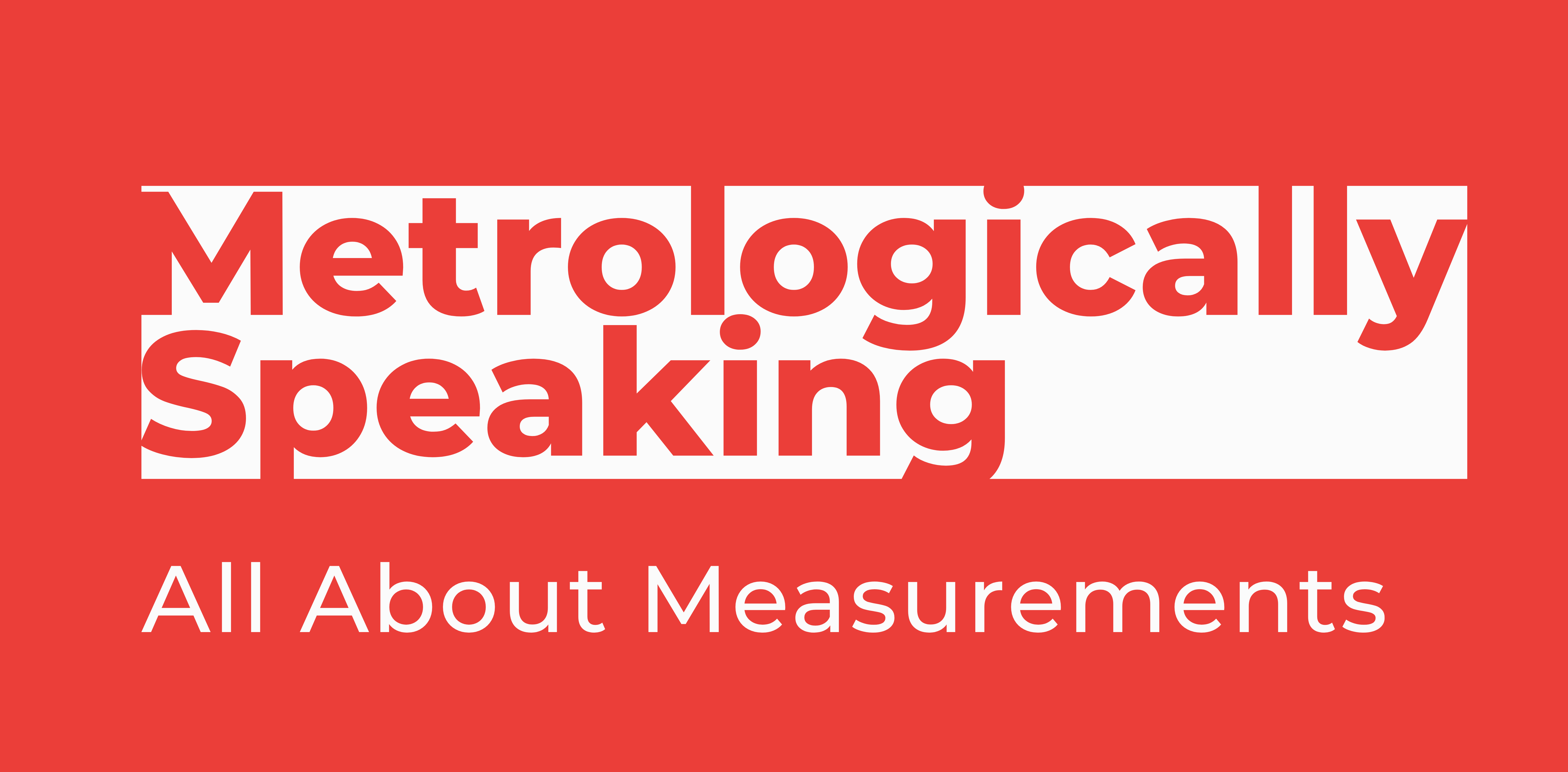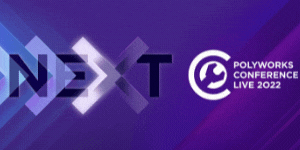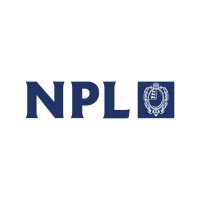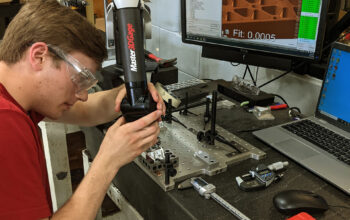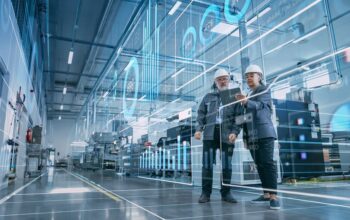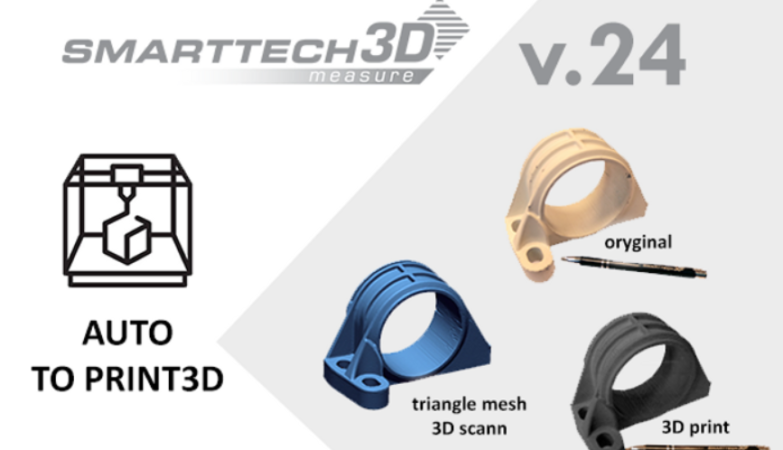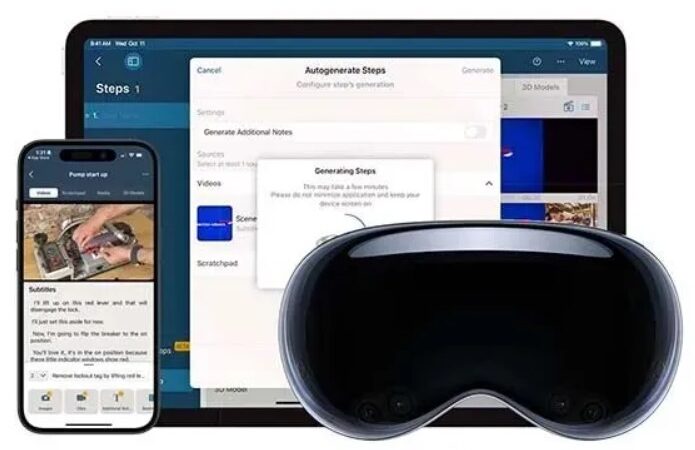The below article has been directly reproduced as it is for our audience. The below link corresponds to the original article :-
“https://www.npl.co.uk/foresighting/metrology”
Accurate measurement will enable future technology
The role of metrology, the science of measurement, is to ensure that measurements are useful and accurate. It is about more than the routine making of measurements, it concerns the infrastructure that ensures we have confidence in the accuracy of the measurement or the adoption of technology.
NPL, the UK’s National Metrology Institute, works to provide the measurement infrastructure that meets the needs of industry and society. Whether it is improving trust in scientific reporting, reducing waste in manufacturing or accelerating technological progress, metrology is the common theme that underpins our work.
The International System of Units (‘the SI’) is the only globally agreed system of measurement units. The SI defines units for many types of measurement and is necessary to ensure that our everyday measurements remain comparable and consistent worldwide. Since 2020 the seven SI base units have been defined in terms of ‘constants of nature’ which do not change, allowing future improvements in the accuracy and stability of our measurements.
Technology and Measurement Foresighting explored the implications of new technologies and trends on the future of measurement.
Metrology in the 2030s will have three key priorities
Metrology will support a digitally enabled global measurement infrastructure
Metrology will improve understanding of complex systems
Metrology will give confidence in decision making
What does this mean in practice?
A digitally enabled measurement infrastructure
- Traceability chains will be shortened, therefore reducing uncertainty
- Traceability to the SI will be embedded directly into measuring instruments
- In-situ calibration of sensors and local standards will be commonplace
The definitions of the SI base units are now designed to enable easier access for end users. New digital knowledge management and dissemination tools will bring primary standards closer to the end of the measurement chain and deliver lower measurement uncertainty for end user.
Digital and machine-readable calibration certificates held on global distributed ledgers will enable in-situ calibration of sensors and local standards, improving the provenance of measurements and simplifying traceability chains.
Understanding of complex systems
- Metrology will support a systems-based understanding of the world
- Metrology will support the growing prevalence of indirect, hybrid and proxy measurements
- Metrology will help combine data of different quality, provenance and time periods
Understanding complex systems is becoming more important as we try and manage and control climate change, biological processes and our ever growing, interconnected and interdependent infrastructure.
In order to develop and operate large, multi-scale and multi-level models of complex systems, we will need data quality frameworks to combine multimodal and multi-scale data.
By using a ‘metrology mindset’, complex systems can be analysed and uncertainties assigned, even though many of the measurements involved sit outside the SI.
Confidence in decision making
- Metrology will support decisions made by machine learning algorithms and explainable artificial intelligence
- Agile and responsive regulation will enable automated decisions to be made, even in safety critical situations
- Measurement scientists will have a responsibility to ensure that data is being used with integrity and impartiality
Confidence in decision-making will be reliant on the dynamic propagation of uncertainty through computationally intensive models or algorithms.
Taking advantage of increased measurement sensitivity, the seamless and secure sharing of data and increased computation power, needs to be combined with a sound metrological framework and understanding. This will lead to better decision making and the application of artificial intelligence and machine learning to new areas, therefore accelerating the process of discovery.
NPL is setting the agenda for metrology

Supporting the SI – NPL is keen to exploit the fact that definitions of the base units are now formulated in a way that allows us to turn future advances in technology directly into improvements in the accuracy of measurements. This allows more end users to have direct access to the benefits of the new definitions.
The future of the SI – The revised SI future ensures that we are ready for all future technological and scientific advances such as 5G networks, quantum technologies and other innovations that we are yet to imagine. NPL is actively working on SI unit research to reduce uncertainty of measurements.
Digital enablement – NPL was part of the EMPIR SmartCom project which looked at the communication and validation of smart data in IoT-networks reliable interoperability is. We are also involved in the CIPM Task Group on the Digital SI and supporting advances in machine learning.
Complex systems – An example of addressing complex systems would be the work we are leading on climate and earth observation via the European Metrology Network.
NPL is leading several EMPIR projects that are addressing future requirements of the SI and technology.
